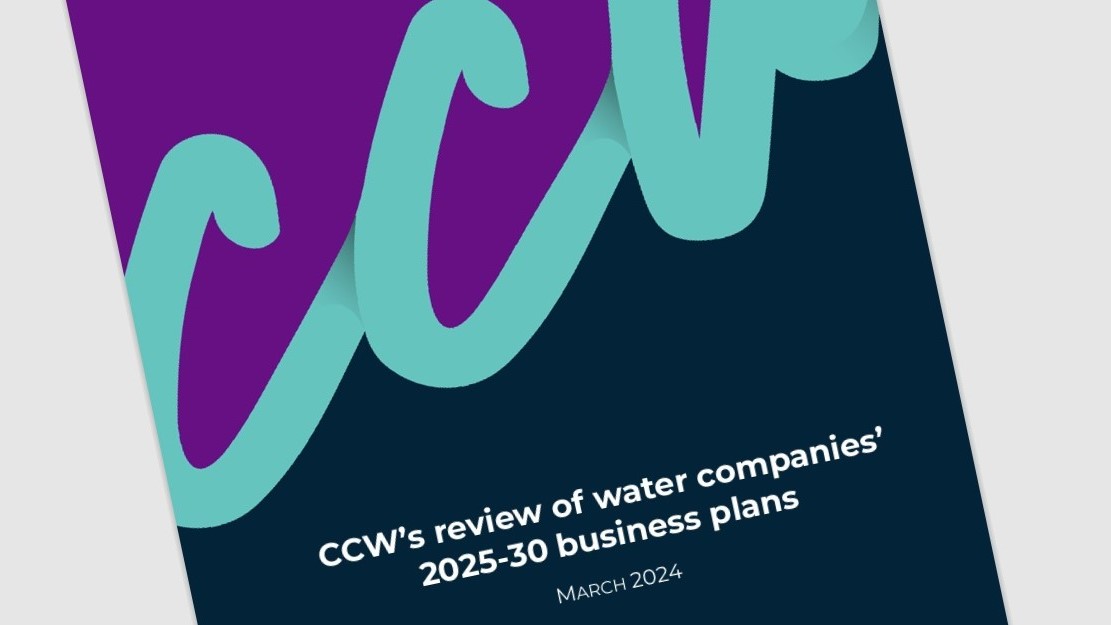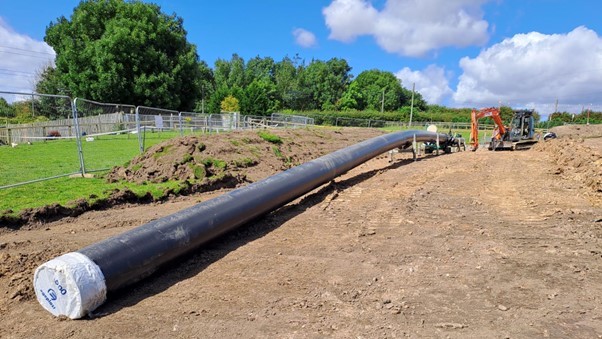The Consumer Council for Water (CCW) has published a review of water companies’ business plans for 2025-2030, after they were submitted to the regulator in October 2023.
The review document, which has been submitted to Ofwat, should help influence and inform its decision making ahead of the regulator’s draft determinations in June.
In the report, the CCW puts forward ten recommendations, highlights of which include:
- CCW wants to see all the water companies doing everything they can to eliminate water poverty. Through their trade body Water UK, all water companies (except Dŵr Cymru Welsh Water) made a Public Interest Commitment to make bills affordable for all households with water bills more than 5% of their disposable income by 2030. There is a wide gap between the large proposed bill increases in the business plans and the small percentage – just 16% – of customers who say they can afford them. Companies face a big challenge in helping customers who struggle to pay their water bills, now or in the future.
Ofwat should require all the water companies which are not committing to end water poverty to offer greater financial support to their customers in the draft determinations. Ofwat should place a regulatory commitment on companies to use a proportion of future outperformance to fund affordability assistance.
- CCW wants Ofwat to set companies challenging performance commitment targets for 2025-30 that reflect customers’ expectations for improvements and make poor performers improve. Performance commitment targets must also reflect where bill payers’ money is being spent – in some business plans, the high level of investment proposed does not translate into ambitious targets in those areas of service.
- We all need plentiful supplies of water. But this is at risk because climate change is already putting strain on our water resources. Company plans are light on how they will actually help customers change their behaviour to reduce their water use. For example, smart metering alone won’t deliver the demand reductions that are required. It must be accompanied by specific plans to exploit the data and the opportunities that smart metering brings. Ofwat should make companies demonstrate how behaviour change forms part of their strategies to ensure supplies are resilient for us all, now and in the future.
- CCW’s consumer research shows that customers strongly support the use of nature in managing water – and they are happy to pay extra for it. Yet nature-based solutions have been taken out of many business plans in favour of building concrete tanks. Ofwat should scrutinise the reasons behind the companies’ choices about how they plan to reduce the number of storm overflow spills.
The full report is available to download here.



